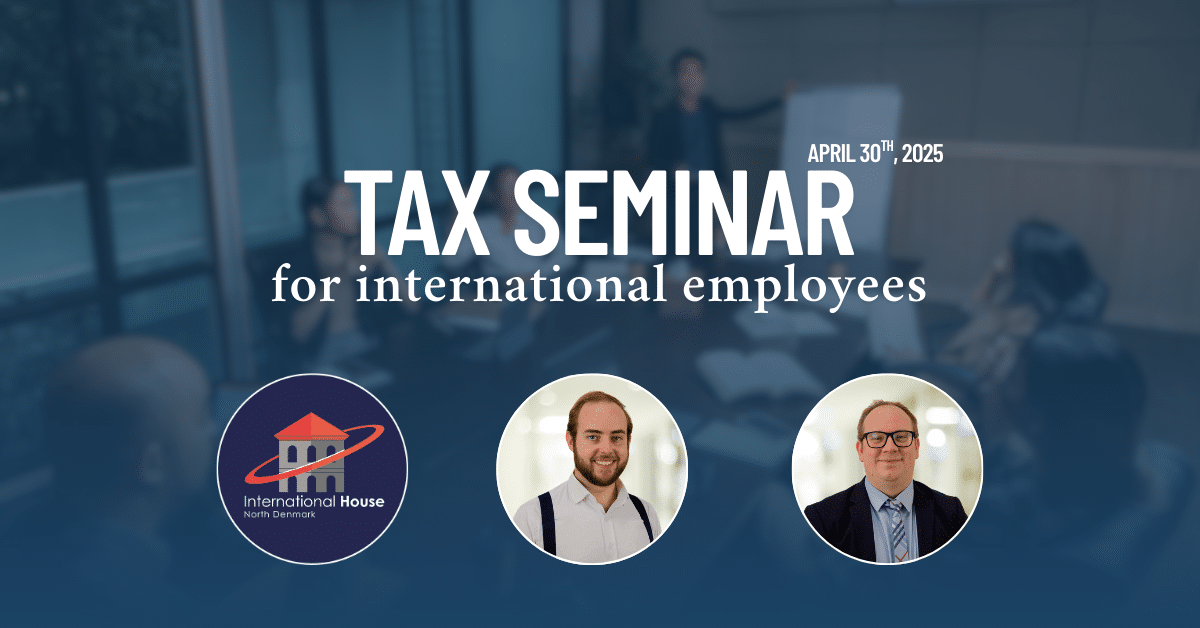What is the Holiday Applicable Salary?
This applies to employees entitled to paid holidays. The holiday applicable salary is your gross salary, including all taxable elements, minus the days of used holidays (calculated as 4.8% of the salary per day).
The holiday allowance is based on components such as your gross salary and taxable benefits listed on your pay slips, including company phone, company car, and other taxable perks. According to the Danish Holiday Act, the legal minimum is 1%, but this percentage may be higher depending on your contract or collective bargaining agreement.
Where is my 1% Holiday Allowance?
If you are not entitled to paid holidays, you will not receive the 1% holiday allowance. Your entitlement depends on your contract, collective bargaining agreement, and overall employment terms. Generally, hourly paid employees are not entitled to the 1% holiday allowance.

the Difference Between the Holiday Allowance and the Holiday Contribution
The 12.5% holiday contribution is a different type of holiday saving compared to the 1% holiday allowance. If you are employed but not entitled to paid holidays, you will receive the 12.5% holiday contribution instead of paid holiday leave.
5 facts about the holiday allowance
- The holiday allowance is 1% of the holiday appliable salary
- The holiday allowance is paid out in May and August
- It is taxable
- Only employees with the right to have paid holiday is entitled to the 1% holiday allowance
- The percentages may differ according to a collective bargain agreement or your contract








